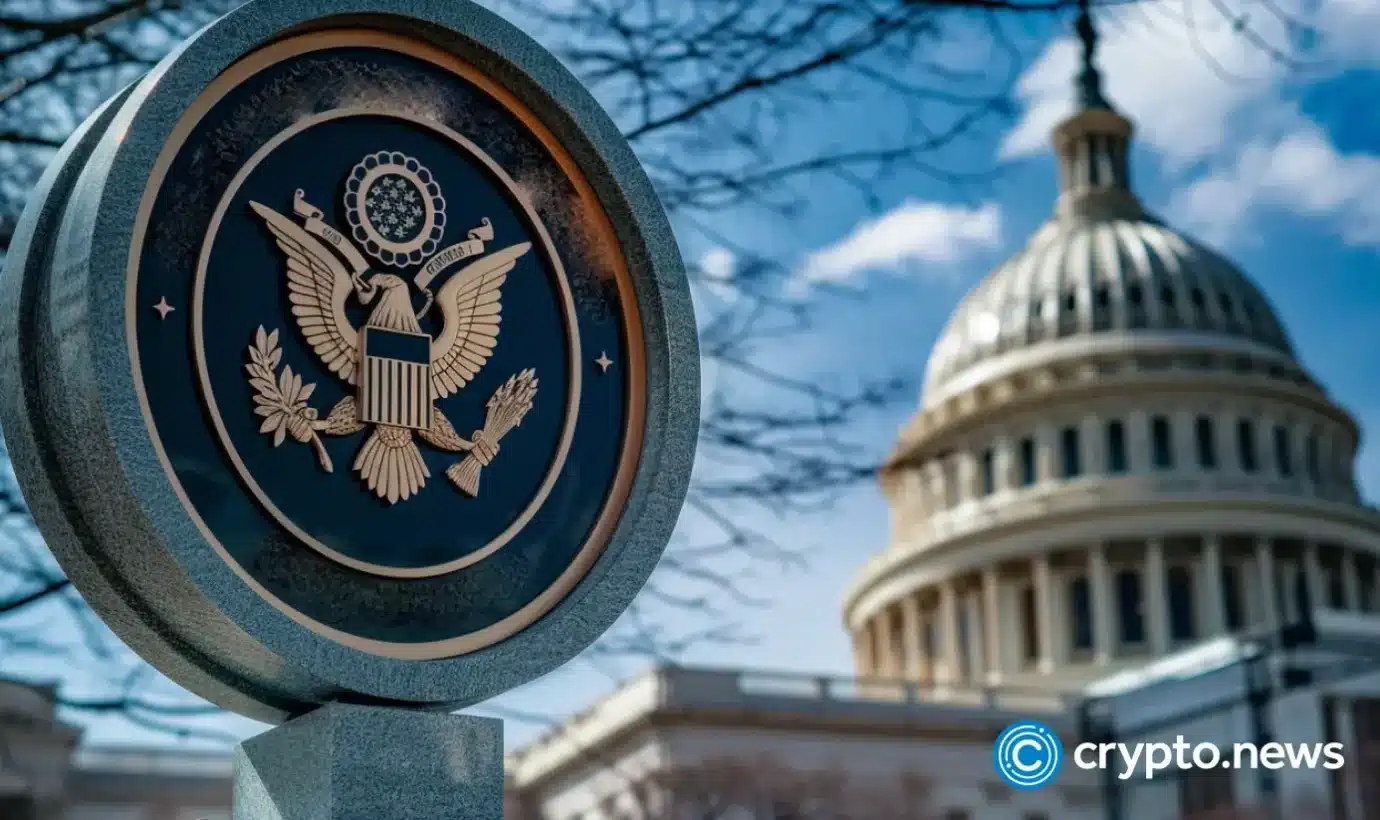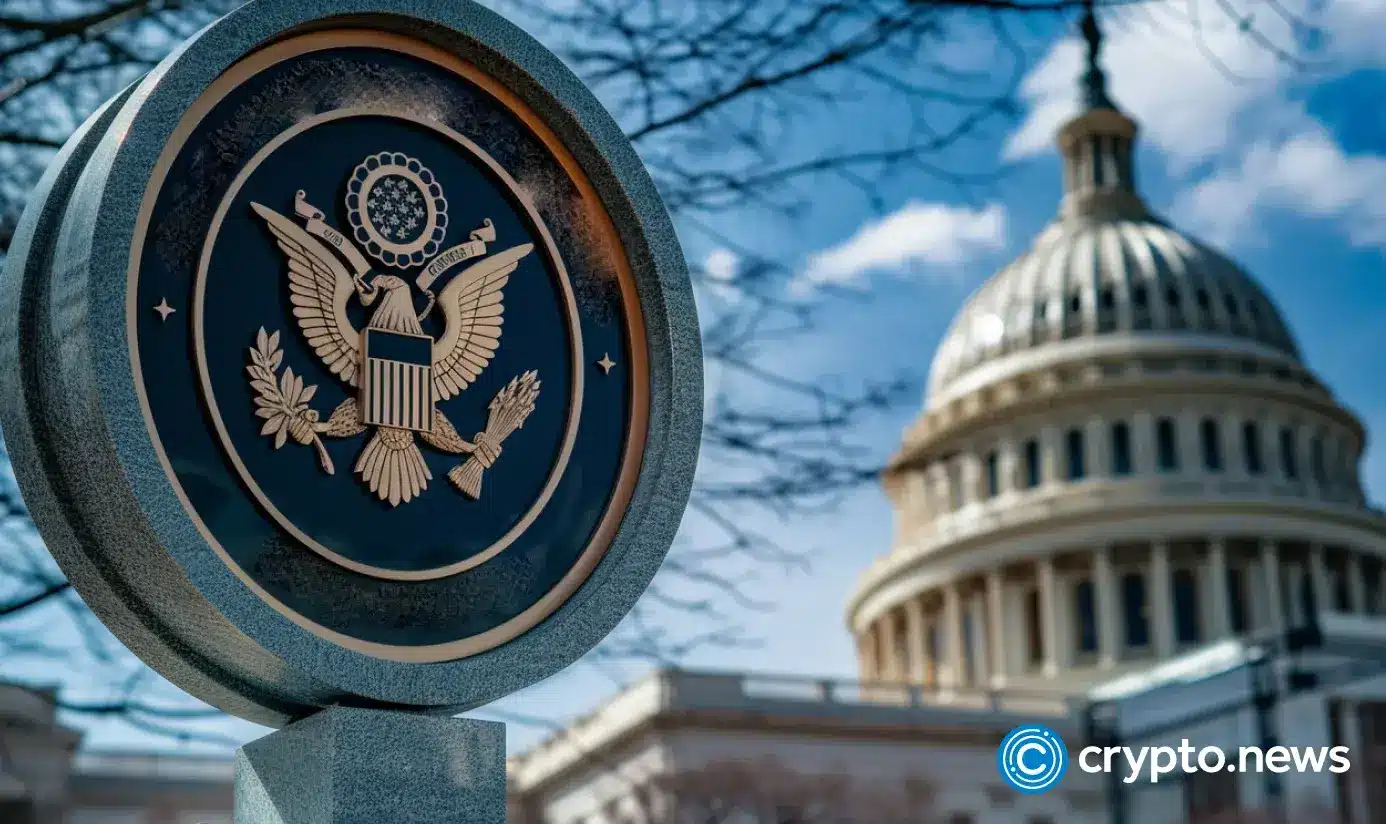
Today’s edition of the weekly recap: SEC sues Consensys despite suspending investigation into Ethereum 2.0; MiCA goes live; VanEck files for the first-ever Solana ETF in the U.S.; Bitcoin (BTC) ETFs record mild inflows.
- Regulatory developments prevailed last week. The Nigerian SEC announced that Virtual Asset Service Providers (VASPs) have a window of 30 days to update their licensing applications on the back of a comprehensive rule amendment.
- In the U.S., the securities regulator filed a lawsuit against Ethereum development firm Consensys over its staking and wallet services on MetaMask. The lawsuit came up shortly after the SEC closed its investigation into Ethereum 2.0.
- America’s largest exchange Coinbase sued the SEC and the FDIC for failing to comply with its FOIA demand. Coinbase is seeking clarity on several issues, including the SEC’s position on whether Ethereum is a security.
- While industry leaders bemoaned regulatory uncertainty in the U.S., the European Union implemented a phased launch of MiCA on June 30. The stablecoin aspect of the regulation will take effect from the beginning of July.
Bitcoin ETFs witness positive shift
- Last week, Bitcoin ETFs began their third week of net outflows, recording $174.5 million in negative net flows on June 24. This marked the seventh day of net outflows for these products.
- However, a positive shift was observed on June 25, when the Bitcoin ETFs witnessed their first net inflow in a week, totaling $31 million.
- The ETF products retained this positive trend for three more days despite the market uncertainty last week. By the end of the week, they had recorded $137 million in cumulative net inflows over four days. However, their weekly flow remained negative.
VanEck files for first-ever US Solana ETF
- VanEck leveraged the ongoing ETF social trend to file for the first-ever spot Solana ETF with the U.S. SEC last week. Following reports of the filing, Solana spiked 8%, bucking the bearish trend in the market.
- A day later, 21Shares, another top asset manager in the spot crypto ETF race, also filed with the SEC to launch a spot Solana ETF dubbed the 21Shares Core Solana ETF.
Other ETF developments
- Meanwhile, as the industry awaits the final approval of spot Ethereum ETFs, Sean Farrell, the Digital Asset Strategy Head at Fundstrat, emphasized that market sentiments around Ethereum remain largely bearish.
- In South Korea, the Institute of Finance stressed that crypto ETFs could pose a risk to the country’s economy. The agency warned that the products could trigger a shift in capital from assets that are capable of generating cash flow.
US politics
- U.S. politics made headlines in the crypto community last week. Reports suggested Republican presidential candidate Donald Trump is considering delivering a speech at this year’s Bitcoin convention scheduled for July in Tennessee.
- Before the presidential debate last week, Moe Vela, a former advisor to Biden, stressed that the event might not feature any crypto-related questions. However, Vela noted he believes at least one candidate could discuss crypto during the event.
- Despite the speculation, especially with Trump constantly warming up to the crypto community, neither Bitcoin nor the crypto industry secured a mention in the debate. Interestingly, BTC increased to $62,000 following the event.
- Following the debate, which involved a supposedly disappointing performance from President Joe Biden, data from Polymarket, a decentralized prediction resource, suggested there was a 35% chance Biden could withdraw from the race.
- Jesse Powell, former CEO and founder of American exchange Kraken, disclosed a donation of $1 million in crypto to the Trump campaign in support of the GOP candidate.
Scams surge
- Reports from last week confirmed a trend of growth in scams within the industry. Bitget revealed that deepfake scams have increased by a massive 245% in 2024 due to the advent of AI. These deepfake scams have led to over $79.1 billion in losses since 2022.
- Web3 platform Immunefi also showed that scams across the industry resulted in a loss of $572.7 million in Q2 2024. This represented a 70.3% rise from the losses recorded in the first quarter of the year.
